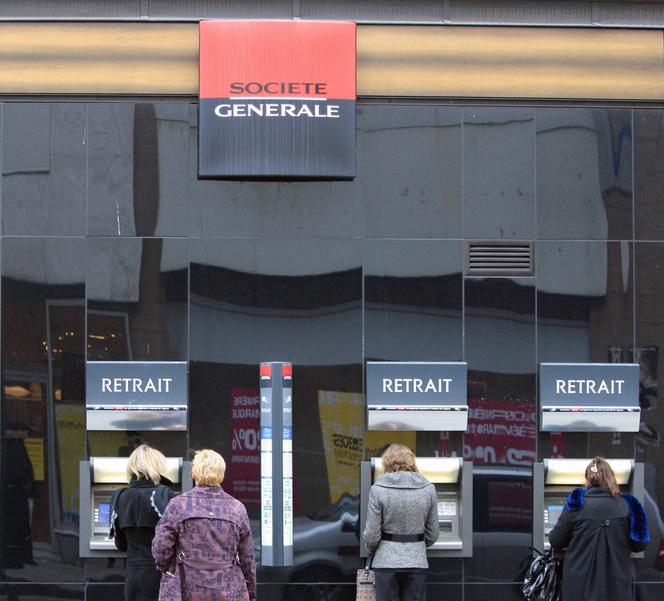


France's borrowing costs spiked, the Paris stock market slipped and bank shares sank on Monday, October 6, as the country plunged deeper in political turmoil following the resignation of Prime Minister Sébastien Lecornu. The CAC 40 index of blue-chip stocks was down 1.5% at around 12:25 pm (Paris time), having fallen by more than 2% shortly after the announcement.
The rise in government borrowing costs sent bank shares into a tailspin, since they are large holders of French sovereign debt. Shares in European banking giant BNP Paribas were down more than 4% while Société Générale shed more than 5% and Crédit Agricole lost more than 4%.
Alexandre Baradez, market analyst at IG France, said the drop in bank shares was due to Lecornu's resignation. "With the rise of 10-year yields, investors are readjusting their risk," Baradez said.
The yield on 10-year French government bonds, or the country's cost of borrowing, surged briefly to 3.61% before easing to 3.57%. It was up from 3.51% in the previous trading session.
"If the 3.6% threshold is crossed, French debt could be exposed to massive attacks, making markets more nervous," said Antoine Andreani, who heads research at trading platform XTB France.
The spread between French bonds and their German equivalent – a key measure of how investors perceive France's credit risk compared to Germany – reached its highest in nine months. The gap hit 89 basis points compared to 81 the day before.
"Lecornu's resignation has plunged the political arena into uncertainty. Investors fear a domino effect on economic and fiscal policy," Andreani said.
President Emmanuel Macron named Lecornu, a former defense minister, to the post last month – the shortest stint for a prime minister in modern France. The largely unchanged cabinet he unveiled late on Sunday sparked fierce criticism across the political spectrum.
Lecornu had faced the daunting task of finding approval in a deeply divided parliament for an austerity budget for next year. Lecornu's two immediate predecessors, François Bayrou and Michel Barnier, were ousted by the legislative chamber in a standoff over the spending plan.
